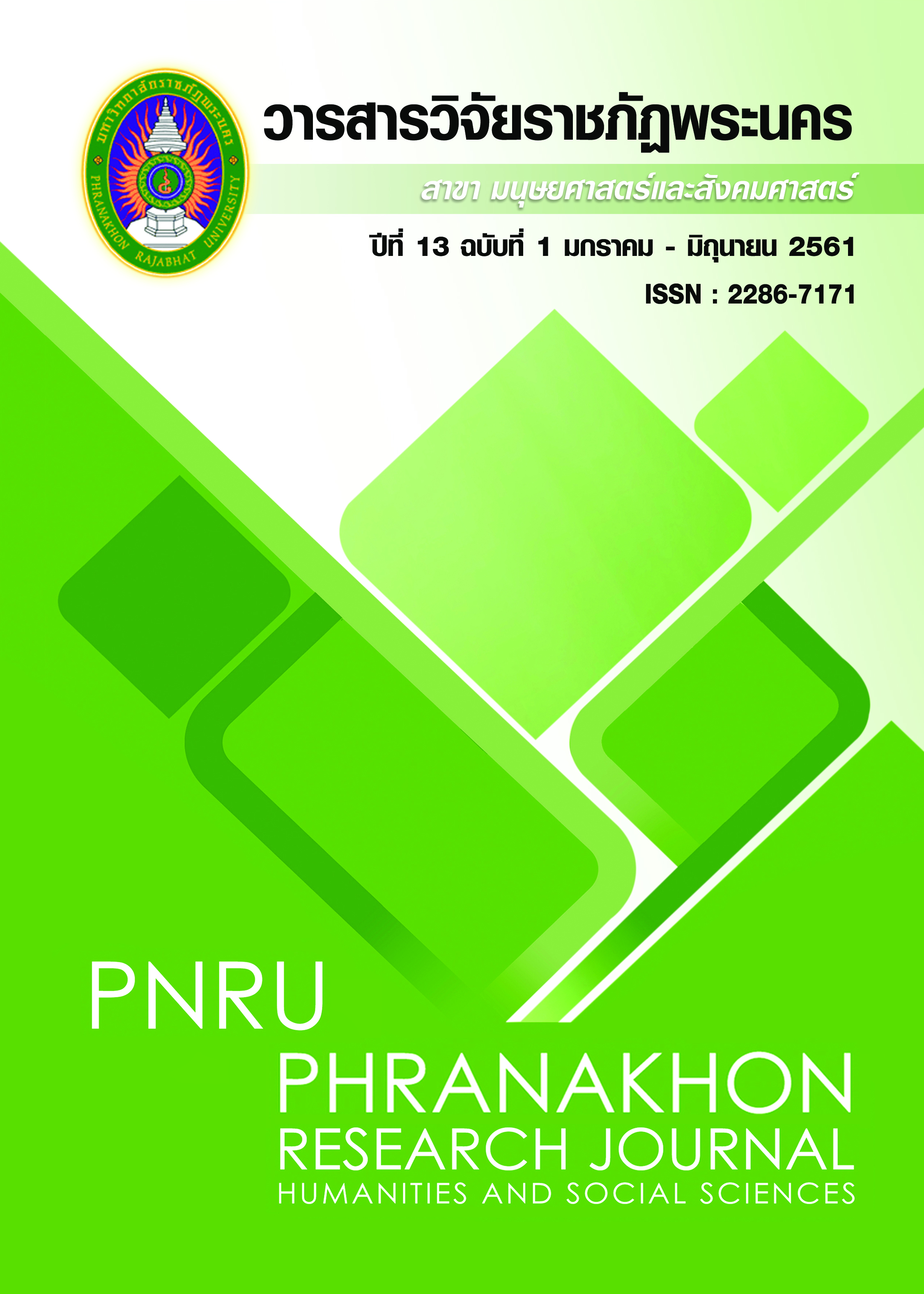THE ROLE OF HUMAN RESOURCES INFORMATION SYSTEMS IN IMPROVING THE PERFORMANCE OF TOURISM SECTOR
Main Article Content
Abstract
The role of HRM has changed altogether from a traditional (popularly called personnel
management) to a strategic one. Most tourism suppliers spend large amounts of money and reserves on HR software, but unfortunately many of them utilize it only for HR administrative purposes rather than for effective and efficient human resource planning (true HRP). This study aims to explore the extent of usage of a Human Resource Information System (HRIS) in Egyptian travel agencies and the advantages they derive from the implementation of the same in the Human Resource Planning (HRP) sub-functions. HRIS outline the integration between Human Resource Management (HRM) and Information Technology. Primary data was collected by means of questionnaires from senior and junior HR executives/managers and employees in Egyptian Travel agencies (Category A) in Cairo. It was found that the greatest uses of HRIS were its contribution to the efficiency and effectiveness of HR planning through HRIS skills’ inventory, HRIS training needs analysis, HRIS succession planning and HRIS labor demand and supply analysis. Results showed that identification of unfilled job positions accurately is the most frequently accepted HRIS feature. Travel Agencies can record good HR planning efficiency and effectiveness if HRIS aligns with information system strategy and HR strategy.
Travel Agencies need to integrate HRIS functions with other business functions. The study
revealed that HRIS needs to offer more intelligent capabilities to increase the effectiveness of HR planning.
Article Details
Each publish articles were copyright by Phranakorn Rajabhat University
Any contents which appeared in each articles in the journal were authors personal opinion. It did not relate to Phranakorn Rajabhat University and other instructors in the university. Each authors would take responsibility on their articles. If there are any mistake, the authors will take responsibility themselves
References
Britt, J. (2010). Making HR technology pay off. HR Magazine, Cambridge University Press.
Dery, K., Hall, R. and Wailes, N. (2006). ERPs as “technologies-in-practice”: social construction, materiality and the role of organizational factors. New Technology Work and Employment.
Fox, F. (2008). Do it yourself HRMS evaluations in Tourism. HR Magazine, Paris.
Guinn, K. (2009). Transforming organizational behavior through competency based integrated HR systems. Journal of Compensation and Benefits.
Greengard, S. (2012). 10 HR technology trends for 2000 workforce. New York: Nova Science Publisher.
Greengard, S. (2011). HR technology trends: beyond the millennium Workforce. California.
Gueutal, H. (2003). The brave new world of E-HR. Advances in Human Performance and Cognitive Engineering Research.
Grensing, L. (2005). Automating HR. London: Credit Union Management, Routledge Publisher.
Hendrickson, A. (2003). Human resource information systems: Backbone technology of contemporary human resources. Journal of Labor Research.
Lengnick, H., Moritz, S. (2014). The impact of e-HR on the human resource management function. Journal of Labor Research.
Michael J. Kavanagh, H, & Scott I. (2015). Human Resource Information System of Tourism Suppliers: Development and Application, PWS_KENT, USA, 2015: 132.
Morley, J., Gunnigle, P., David G. (2006). “New directions in the roles and responsibilities of the HRM function”. Personnel Review, Full-text [online]. Emerald [Accessed on 12th January 2017], 2006: 66.
Ngai, E. (2006). Human resource information systems: a review and empirical analysis, Human Resource Information Systems, Full-text [online]. Emerald [Accessed on 21st January 2017],
2006: 120.
Panayotopoulou, L., Vakola, M., & Galanaki, E. (2005). E-HR adoption and the role of HRM: evidence from Greece, Personnel Review, Full-text [online]. Emerald [Accessed on 13th January
2017], 2005: 104-106.
Raymond, M. (2012). Management Information Systems in Tourism. 7th edition. USA: Prentice Hall.


